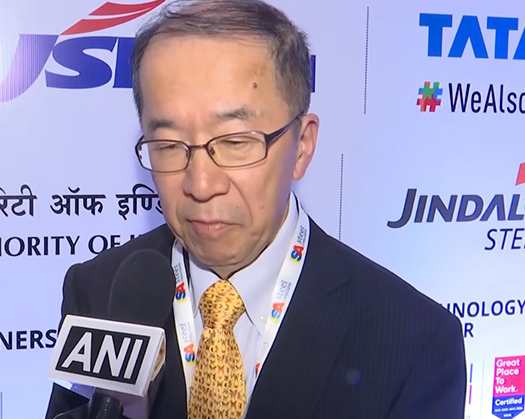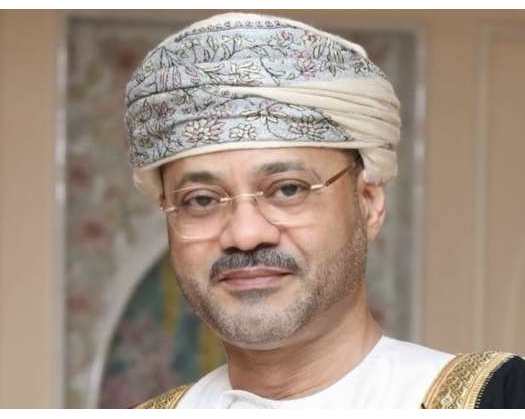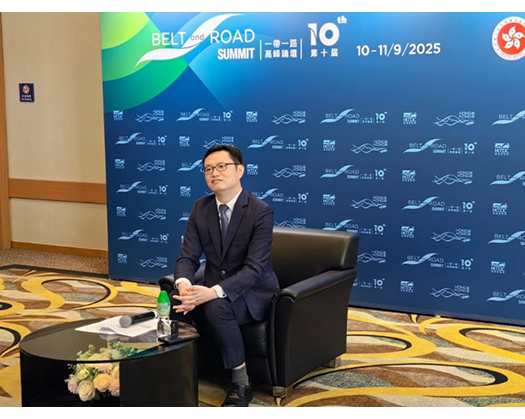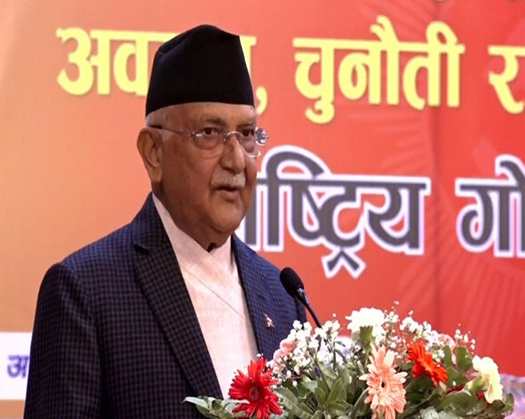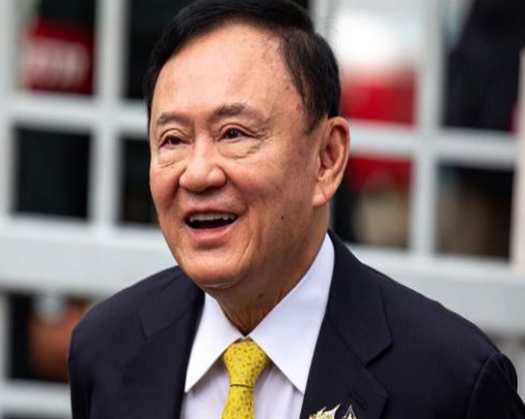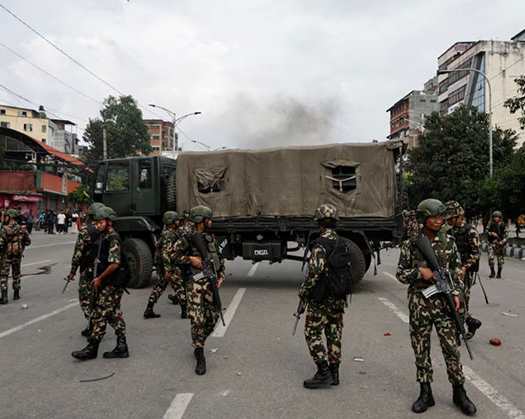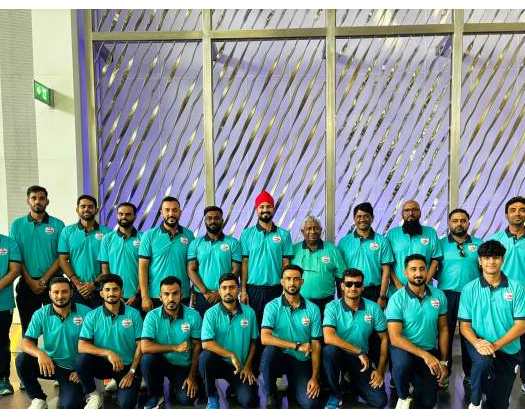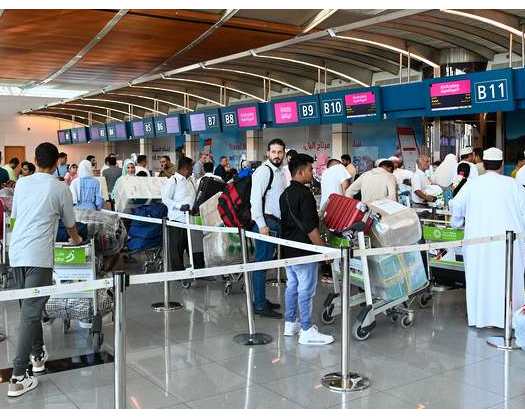New Delhi: The rise in domestic steel production and consumption in India is prompting Japanese steel firms to broaden their operations in the country through an increasing number of joint ventures.
In an interview with ANI during the ISA Steel conclave in New Delhi, Kazuo Mike Fujisawa, a representative of the Japan Iron & Steel Federation, stated that numerous Japanese steel companies are expressing interest in India.
"India is experiencing significant growth in steel production, and with its growing population, there is a high per capita steel consumption," he remarked.
India and Japan have a long-standing trading relationship in the steel sector.
"We have several joint ventures. JFE holds a significant stake in JSW Steel... The most recent joint venture between JFE and JSW was formed over a year ago and is currently expanding. New ventures in the near future are certainly a possibility," he continued.
Japan's JFE Steel Corporation (JFE Steel) and JSW Steel Limited (JSW Steel) have established JSW JFE Electrical Steel Private Limited (pending statutory approvals), a joint venture focused on grain-oriented electrical steel in India, and held a groundbreaking ceremony on February 12, 2024, in Bellary, Karnataka, where the new facility is set to be developed.
The joint venture is set to commence full production in fiscal 2027, with plans to increase output in response to the rising demand for grain-oriented electrical steel in India.
In a similar vein, Japan's Nippon Steel and India's Arcelor Mittal have established a joint venture, with intentions to enhance their production capacity, according to Fujisawa.
The ArcelorMittal Nippon Steel joint venture, referred to as AM/NS India, was created in December 2019 after the acquisition of the bankrupt Essar Steel by these two prominent steel firms. It serves as an integrated flat steel producer in India, providing a diverse array of steel products for sectors such as automotive and infrastructure. The joint venture operates a significant integrated steel facility in Hazira, Gujarat, along with additional sites throughout India.
Nevertheless, he remarked, "Conducting business in India presents challenges; we require well-established domestic players to operate effectively in this market."
Regarding US tariffs, Fujisawa mentioned that the Japanese government has recently finalized an agreement with the US to lower tariffs on Japan. On Friday, the US signed an executive order reducing import tariffs on Japanese vehicles from 27.5 percent to 15 percent.
This development represents a significant boost for the Japanese industry, which had previously faced the looming threat of a 27.5 percent tariff. "The automotive sector is a major industry in Japan, not only for exports but also for the local supply chain," he stated, noting that Japan exports approximately 1.3 million cars to the US annually.
The volume of cars exported from Japan to the US is significantly large.
"Japan is striving to reach a compromise. The tariff is having a substantial effect on us," Fujisawa stated. The existing 15 percent tariff may still influence the industry to some degree.
The leading automobile manufacturers in Japan include Toyota, Honda, Nissan, and Suzuki.
For motor finance companies, the reduction of tariffs alleviates uncertainty regarding vehicle pricing, forecasting of residual values, and leasing volumes.

